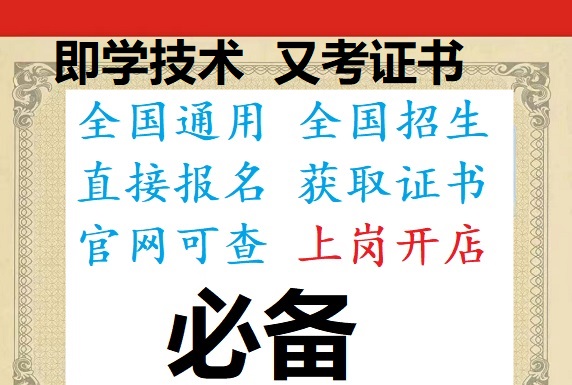
Acupuncture and Chinese medicine (TCM) is a comprehensive medical system that has been used for thousands of years in China. With its unique theories and practices, TCM has gained increasing recognition worldwide as a valuable alternative or complementary therapy to conventional Western medicine. As a TCM specialist, a TCM therapist may specialize in various areas, such as acupuncture, herbal medicine, dietary therapy, and Tui Na (Chinese massage).
One of the most common specializations in TCM is becoming a Traditional Chinese Medicine (TCM) practitioner or acupuncturist. As an acupuncturist, you will be responsible for providing acupuncture treatments to help alleviate pain, reduce stress, and promote overall health and well-being. Your work will involve:
1. Developing treatment plans based on each patient's individual needs and conditions.
2. Conducting thorough consultations with patients to gather information about their symptoms, medical history, and lifestyle factors.
3. Administering acupuncture treatments using fine needles inserted into specific points on the body to stimulate the flow of Qi (life force energy) and promote healing.
4. Monitoring the progress of patients and adjusting treatment plans as needed.
5. Educating patients on self-care techniques and lifestyle changes to support their recovery and prevent future health issues.
In addition to acupuncture, TCM therapists may also specialize in other areas such as herbal medicine, dietary therapy, or Tui Na massage. Here are some examples of how these specializations might be applied in practice:
1. Herbal medicine involves using plant-based substances to treat various health problems. A TCM herbalist may develop customized formulas for patients based on their specific needs and conditions, such as treating digestive issues, managing stress, or boosting the immune system. They may also educate patients on proper herb preparation and dosage.
2. Dietary therapy focuses on using food as a means of promoting health and preventing disease. A TCM dietitian may work with patients to identify imbalances in their eating habits and develop personalized nutrition plans that address these imbalances. This may include recommending specific foods or meals to eat based on the patient's constitution, lifestyle, and health goals.
3. Tui Na massage is a form of Chinese massage that uses pressure and manipulation of the body's meridians (energy pathways) to promote healing and balance. A TCM massage therapist may use Tui Na techniques to treat a wide range of conditions, such as chronic pain, anxiety, insomnia, or digestive issues. They may also incorporate other modalities such as acupressure or reflexology into their massage sessions.
Overall, being a TCM therapist requires extensive knowledge of traditional Chinese medicine principles and practices as well as excellent communication and interpersonal skills. By combining these skills with specialized training in one or more areas of TCM, practitioners can provide effective and holistic care to their patients while promoting overall health and wellbeing.
